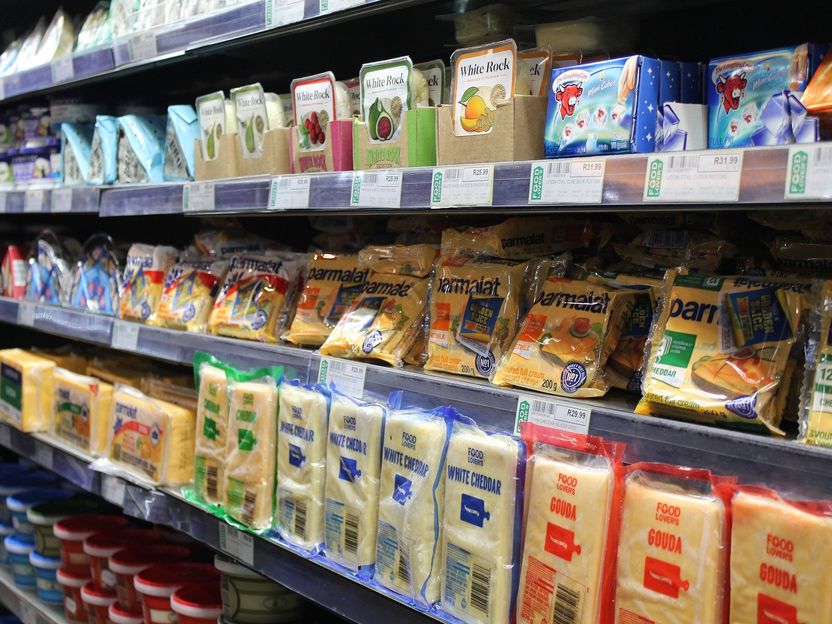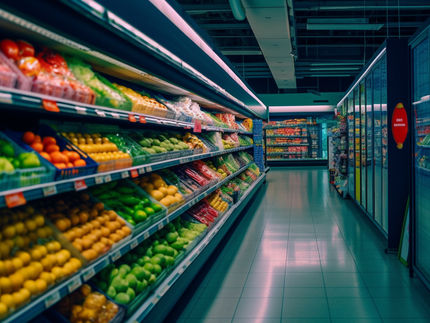Seeing through the jungle of labels in the supermarket?
Advertisement
It is not always easy for consumers to identify sustainable and healthy foods when shopping in the supermarket. With the introduction of more and more labels, contradictory information can increasingly be found on the same food product: For example, a product that scores "good" on the Nutri Score is not necessarily climate or environmentally friendly, and vice versa. Do consumers actually still find their way around this multitude of labels?

pixabay
And how do they decide when the information on the product contradicts each other? A research team from the University of Göttingen and Copenhagen Business School has now found out that multi-level labels can be an aid to sustainable and healthy food purchasing. The results have appeared in the journal Food Quality and Preference.
In an online-based choice experiment, the researchers showed 985 participants two products (whole milk and chicken breast) with different, multi-level sustainability labels. They presented the single-level organic label, the multi-level Nutri-Score, the multi-level animal husbandry label, and a multi-level fictitious climate label, where not all labels were always positive. For example, it was possible that a package of chicken breasts had both the organic label and a negative climate label printed on it.
The results of the study show that multi-level labels in particular can be helpful for consumers to make sustainable and healthy food purchases. Participants particularly preferred the animal welfare label, which already exists on the market, as well as the fictitious climate label, and even coped very well with contradictory information. "Our results indicate that consumers are able to make rational decisions even when faced with two different sustainability labels and do not switch back and forth depending on the label's orientation (i.e., positive or negative)," says Dr. Winnie Sonntag of the Chair of Marketing for Food and Agricultural Products at the University of Göttingen.
Above all, the results offer politicians and industry assistance for target-oriented food labeling. For food manufacturers, the study also means that multiple sustainability labels on product packaging are quite reasonable. "In addition, they should avoid having a very negative label for one of the sustainability dimensions, especially for animal welfare and in relation to climate impact," says Sonntag.
Note: This article has been translated using a computer system without human intervention. LUMITOS offers these automatic translations to present a wider range of current news. Since this article has been translated with automatic translation, it is possible that it contains errors in vocabulary, syntax or grammar. The original article in German can be found here.

































































